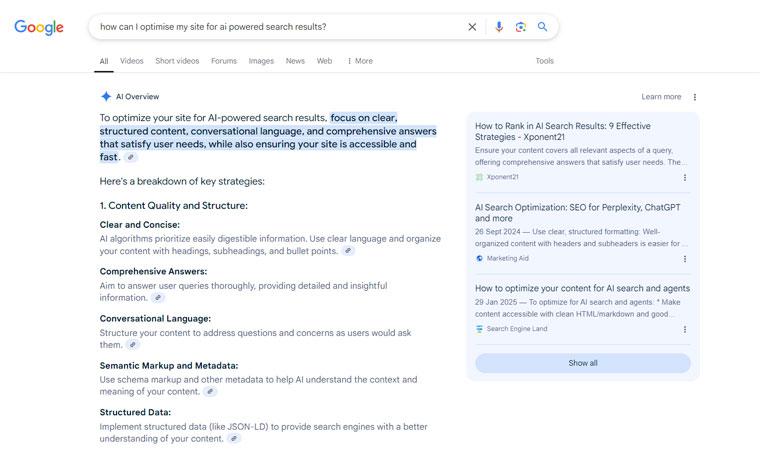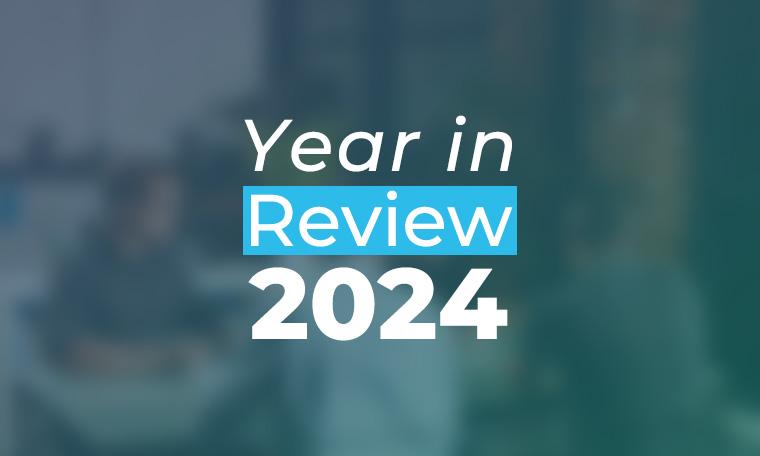Ten Web Site Copy Writing Tips for SEO
Tuesday, 30th June 2015

Much of what determines the search engine visibility of your web page is what happens off the page - the incoming links that point to it and the trust and authority that you build up.
Getting those links is one of the hardest parts of creating a web site that works, here are our ten tips for writing successful text for a winning website:
1. Do your keyword analysis
Keyword analysis is still the foundation of a high-performance page. If you can find out what your audience are searching for and what problem they have then you can solve that problem. It's like reading someone's thoughts. Focus on one or two key words per page and make sure your #1 keyword is in the title of the page.
2. Write for humans, optimise for robots
It's people who use search engines, so write with people in mind. Write in the active voice (rather than the passive voice) and focus on the benefits to your audience, not the features. Ask yourself "Does this give value to my users?" If so, crack on. There really is no alternative to writing great content
3. Write long, detailed, quality copy that people want to read.
Aim for at least 1000 words and split it into readable, bite-size paragraphs - no one wants to read a huge chunk of text. Retaining that visitor is vital - write content that keeps them away from the 'back' button.
4. Break your content up into sub headings
A magnetic main headline is great, but web site users read sub-headings more than they read the rest of the text, so scatter sub-headings around liberally. Bullet points are good too.
5. Use related words, synonyms and variations of your key word
It can also help to put a couple of your key words into bold or italics, but don't go overboard.
6. Write content so compelling that your page is noticed, shared and linked to
Social sharing buttons make it a breeze for people to share your content on social media, so make sure these are visible on your page.
7. Forget about keyword density
Pop your main keyword into the first hundred or so words of the page, but don't focus on keyword density like it's 1999. Bounce rate and engagement are much better measures of good content.
8. Go for the long tail
If you go for the long tail you can target much less competitive key words and phrases, with the bonus of attracting people to your site who have done their research and are ready to commit.
9. Write for the correct audience with your objective in mind
Know your audience, do your homework and it will pay off. Traffic alone is great but it won't pay the bills - if you're selling a product or a service, your text should be written to persuade readers into buying or making an enquiry.
10. Tell a story
Human beings love stories, if you can weave one into your blog post or article it will connect with your audience and have a greater influence.
Need help with your content strategy? Get in touch with us today.
PS Google have their own page describing how to create valuable content that is worth a read too.




